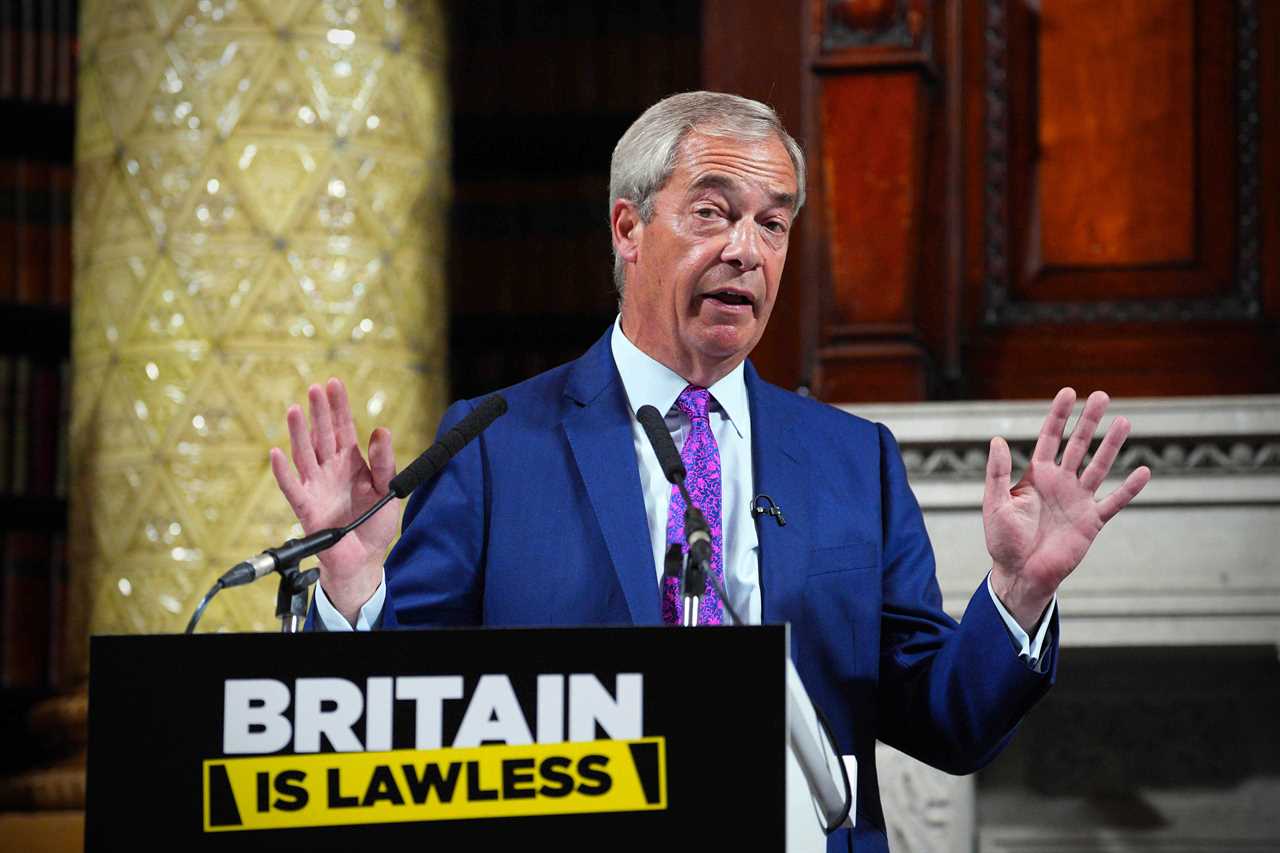
As Britain grapples with a tumultuous political landscape marked by shifting allegiances and fractured loyalties, the prospect of coalition governments looms large on the horizon. From the seismic events of Brexit to the turbulence of recent elections, the traditional stronghold of two-party dominance is fading, paving the way for a new era of multi-party cooperation and governance.
Reshaping Political Identities: A Fragmented Landscape
Recent years have witnessed a profound reconfiguration of political identities in Britain, with fewer citizens aligning steadfastly with established parties. The once-solid foundations of Labour or Conservative support have eroded, giving rise to a more fluid and discerning electorate. This shift has seen the emergence of alternative parties on both ends of the political spectrum, challenging the long-standing duopoly of power.
The Evolving Fault Lines of British Politics
Analyses reveal that the traditional dichotomies of left versus right no longer suffice to capture the complexities of contemporary political discourse. New fault lines have emerged, reflecting divergent views on how to address societal challenges. These fault lines encompass debates on institutional reform versus radical change, the role of diversity in shaping national identity, and the credibility of mainstream versus independent media sources.
Navigating a Fractured Electoral Landscape
The conventional First Past the Post system is grappling with the ramifications of this fragmentation, as voters increasingly distribute their support across a spectrum of parties. Projections indicate a future political map characterised by unprecedented diversity, with coalitions becoming a likely scenario for governance. The dynamics of potential alliances and power-sharing arrangements present both opportunities and challenges for the political establishment.

Uncertainty Amidst Political Flux
As Britain stands at a crossroads of political uncertainty, with established parties facing dwindling support and new players entering the fray, the prospect of an ungovernable Parliament looms. The spectre of coalition politics, once a rarity in British governance, now appears increasingly plausible. The evolving landscape demands a reevaluation of traditional power structures and a readiness to adapt to the complexities of modern political discourse.






